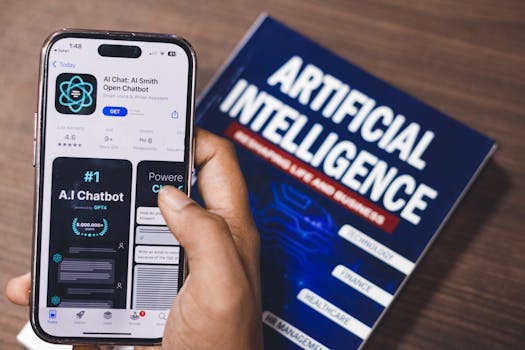
The Future of Education: What 2025 Holds
Introduction to the Future of Education

The future of education is an exciting and rapidly evolving field, with advancements in technology, artificial intelligence, and virtual reality transforming the way we learn. As we look to 2025, it’s essential to consider the trends, innovations, and challenges that will shape the education landscape. In this article, we’ll explore the future of education, focusing on online learning, personalized learning, artificial intelligence, and virtual reality.
Online Learning: A New Era in Education

Online learning has become an integral part of modern education, offering flexibility, accessibility, and affordability. By 2025, online learning platforms will continue to improve, with advancements in video conferencing, virtual classrooms, and interactive content. This will enable students to learn from anywhere, at any time, and connect with educators and peers worldwide.
Personalized Learning: Tailoring Education to Individual Needs

Personalized learning is a critical aspect of the future of education, as it acknowledges that each student has unique needs, abilities, and learning styles. By 2025, personalized learning will become more prevalent, with the use of artificial intelligence, machine learning, and data analytics to create tailored learning plans. This will enable students to learn at their own pace, with real-time feedback and assessment.
Artificial Intelligence: Revolutionizing Education

Artificial intelligence (AI) is transforming the education sector, with applications in personalized learning, adaptive assessments, and intelligent tutoring systems. By 2025, AI will play a more significant role in education, enabling teachers to focus on high-touch, human-centered activities, while AI handles administrative tasks, grading, and data analysis.
Virtual Reality: Immersive Learning Experiences

Virtual reality (VR) is an innovative technology that’s changing the way we learn, with immersive, interactive experiences that simulate real-world environments. By 2025, VR will become more mainstream in education, enabling students to explore historical sites, conduct virtual labs, and engage in interactive simulations.
Conclusion: Embracing the Future of Education

In conclusion, the future of education in 2025 will be characterized by online learning, personalized learning, artificial intelligence, and virtual reality. As we embark on this exciting journey, it’s essential to prioritize accessibility, equity, and inclusivity, ensuring that all students have the opportunity to benefit from these advancements.






